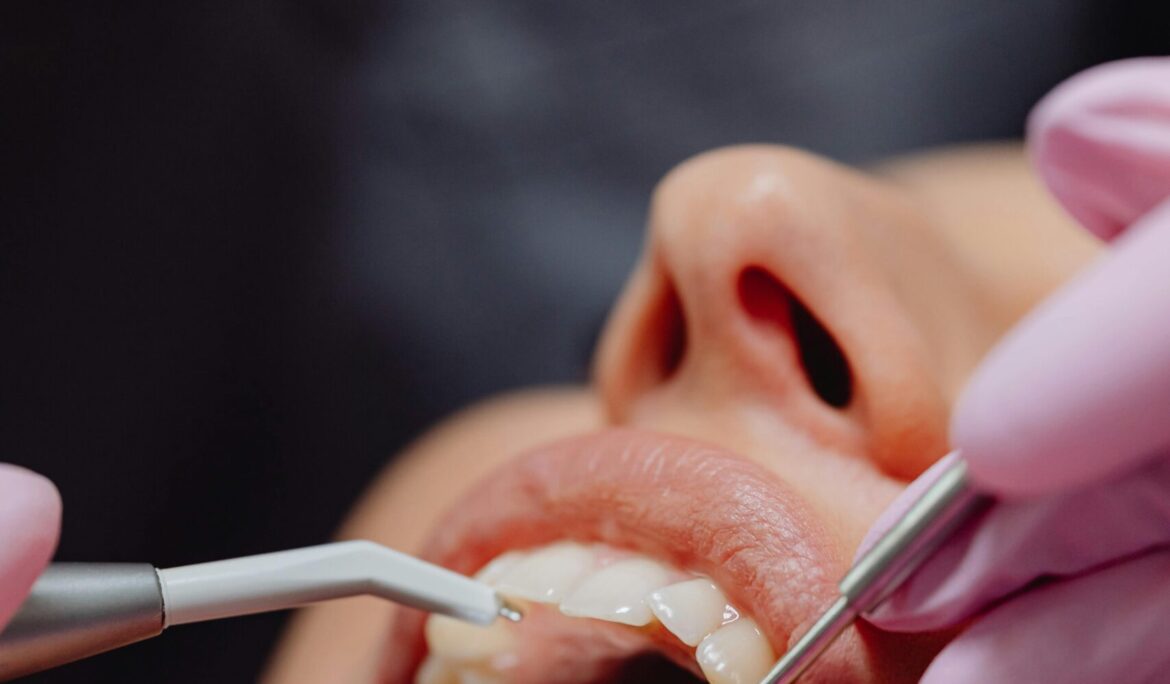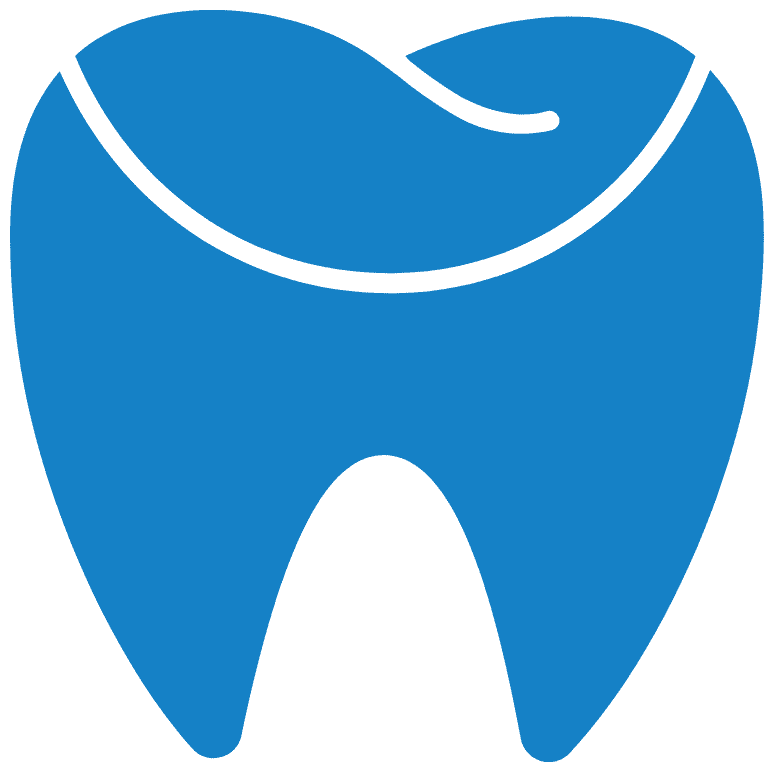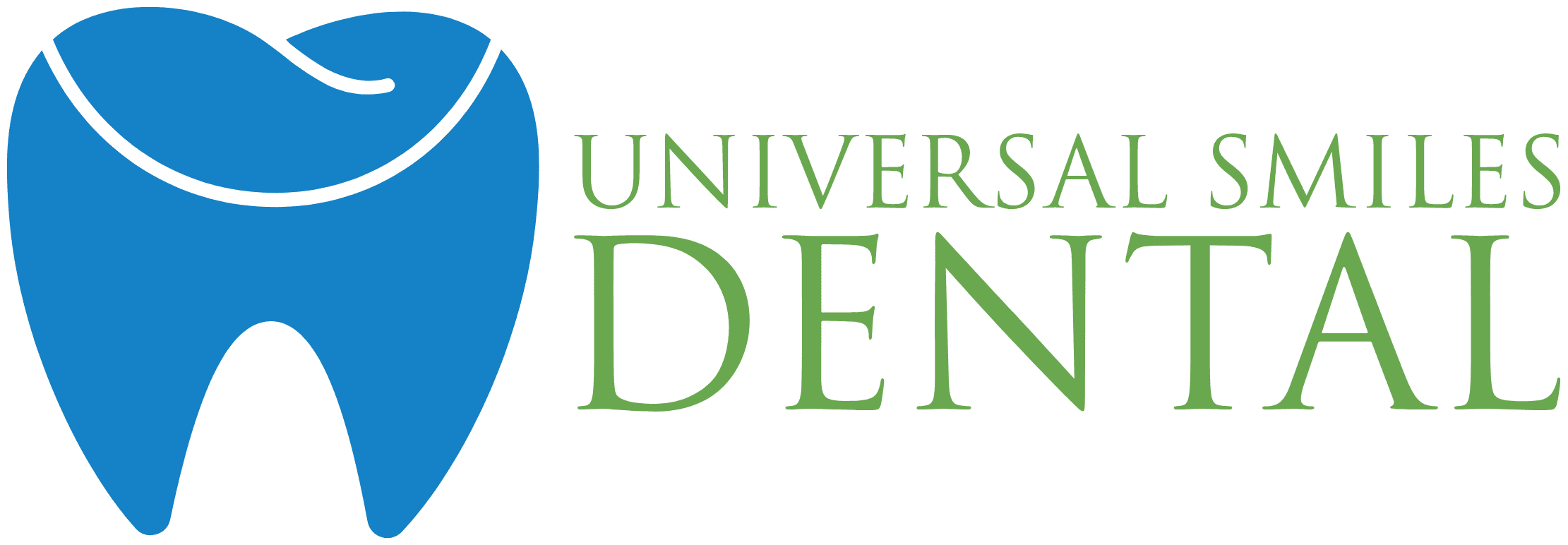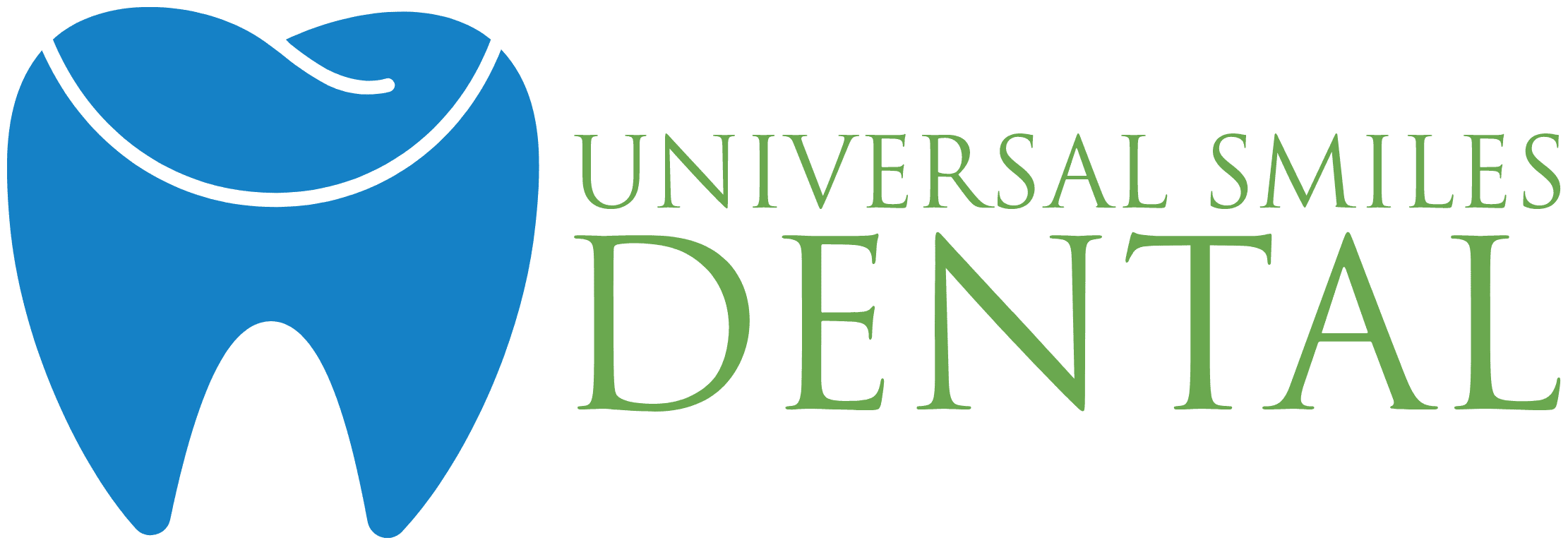First Aid for Common Dental Emergencies: What You Need to Know

Dental emergencies can happen without a warning. Whether you’re biting into a hard piece of food, playing a game, or simply waking up to an unexpected tooth pain. Knowing first aid for common dental emergencies is important for managing these situations effectively. Moreover, acting quickly can decrease pain, stop further complications, and might also save a tooth. Therefore, at Universal Smiles Dental, we prioritize the importance of preparation and on time care when it comes to protecting your oral health during accidents.
When you’re dealing with a dental emergency, knowing the basic steps can save your tooth. Remember that although first aid plays an essential role in the moments following an injury, follow-up care from an expert is necessary.
First Aid for Common Dental Emergencies Starts with Being Prepared
The first step in effectively managing any dental issue is having the right knowledge. Moreover, first aid for common dental emergencies starts with having an emergency kit in your home, car, or workplace. This kit must have a sterile gauze, non-aspirin pain relievers, dental cement or orthodontic wax, a small container with a lid, some gloves, and saline solution for preserving a knocked-out tooth. You may also want to keep salt for rinsing, a dental mirror, and clove oil for temporary relief from pain.
Additionally, have your dental clinic’s contact information stored in your phone or written somewhere you can easily get to. Having quick access to Universal Smiles Dental, your trusted emergency dentist in South Morang will save you from future complications and expenses.
Managing Different Types of Dental Emergencies
Not all dental emergencies are the same, however each requires quick action. Below we have listed some common cases, along with advice on how to act to each using first aid knowledge and practices.
- A Knocked Out Tooth
A knocked-out tooth is a serious dental emergency. Moreover, if this happens, gently pick up the tooth by the crown, avoid contact with the root and thoroughly rinse it with milk or saline if it’s dirty. Remember to not scrub or dry it. Next, carefully try to place the tooth back into the socket. If this isn’t possible, store the tooth in a container with milk or your own saliva. Additionally, apply light pressure with gauze to help control any bleeding. To improve the chances of saving your tooth, it is necessary to see an emergency dentist in Mill Park within 30 to 60 minutes.
- A Chipped Or Broken Tooth
Chipped or broken teeth are common results of sports injuries or biting into hard items. If a tooth breaks, properly rinse your mouth with warm water to clean the area. Moreover, in case of bleeding, apply gentle pressure with a clean gauze, and a cold compress on the outside of the cheek to decrease swelling. If you have any pain, you can take an over the counter painkiller, but remember not to use aspirin.
- Severe Toothache
A sudden, severe toothache may be caused by decay, an abscess, a cracked tooth, or gum infection. Therefore, start by rinsing your mouth with warm salt water to disinfect the area. Moreover, over the counter non-aspirin pain relievers can help manage pain. However, if the discomfort increases, it is important to see a dental expert immediately. A timely visit to an emergency dentist will prevent further complications and offer long-lasting relief.
- Lost Filling or Crown
If you have a filling or crown that falls out, the exposed tooth can become very sensitive to damage. Therefore, in such cases, simply clean the area and avoid chewing from that side. Moreover, temporary dental cement, available at most pharmacies, can be used to cover the area. If not available, sugar-free chewing gum can serve as a temporary sealant until you can see your dentist. Next, bring the lost crown with you to your appointment with the dentist as soon as possible.
- Dental Abscess
A dental abscess is a very dangerous infection that starts from the root of a tooth or in the surrounding gums. Moreover, it often presents with severe pain, swelling, fever, and pus. If left untreated, it spreads to other parts of the body. Therefore, as a first-aid step, clean your mouth with a mild saltwater solution several times a day to draw out the pus and decrease any pressure. Remember, do not try to pop or drain the abscess yourself. Additionally, you can use non-aspirin pain relievers and get immediate care from Universal Smiles Dental.
Why Knowing First Aid for Common Dental Emergencies Is Important
Understanding first aid for common dental emergencies isn’t just about pain management. It’s an important step in protecting your oral health. Moreover, fast thinking and proper initial care can help you avoid permanent tooth damage, decrease the risk of infection, and even lower your dental treatment expenses. Delaying professional help will only lead to increased pain, invasive and difficult procedures, and a longer recovery period.
Alternatively, knowing what to do during those first few minutes of a dental accident or trauma can provide great relief and in most cases even save a tooth. This is why most people trust Universal Smiles Dental as their go-to emergency dentist for quick and effective services.
Conclusion
Being fully informed about first aid for common dental emergencies helps you to act quickly and effectively when problems arise. Moreover, immediate actions like treating pain, protecting the affected area, and getting expert help can make a significant difference in the results. However, you have to keep in mind that temporary measures are no substitute for professional dental care. At Universal Smiles Dental, we are dedicated to offering quick, compassionate, and effective emergency dental services to all. Therefore, whether it is a knocked-out tooth, severe pain, or a dental trauma. Our experienced team is ready to help you restore your smile and peace of mind in no time. So don’t wait, call us today or save us as your emergency dentist contact now.


